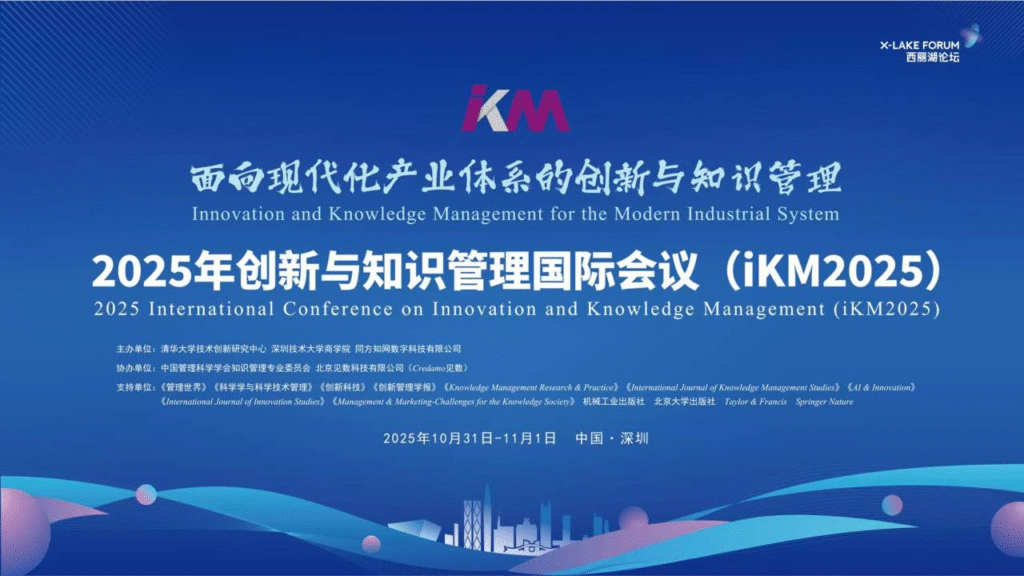On November 20th, BRICS IDEAS LDEES, NASDAQ: NAAS, and China Association for NGO Cooperation, together with domestic and international partners, jointly released the “Initiative of Social Enterprises Integration for Public Participation in Sustainable Development” and the “2024 White Paper on Carbon Inclusive Development” for the first time in the world. On the scene, Zhai Yubo, General Manager of NASDAQ: NAAS, explained in detail the structure of the white paper, the results of carbon benefits, and the development trend of the industry. He said that the popularization of the concept of carbon inclusion has made significant progress as the public’s awareness of green and low-carbon has increased. The innovative integration of carbon inclusion is multifaceted, and in the future, it can be integrated with different fields and industries such as artificial intelligence, finance and data governance.
BRICS IDEAS LDEES is dedicated to exploring the intersection between digital innovation, ecological civilization and sustainable development, and is actively adopting artificial intelligence technologies and digital tools to promote new approaches to ecological conservation and sustainable development. This initiative is closely linked to the development philosophy of the Global South and aims to empower local communities in climate change response. BRICS IDEAS LDEES is deeply collaborating with the World Meteorological Organization (WMO) and the United Nations Indigenous Peoples and Minorities Research Program, and is committed to enhancing multiple perspectives and pathways for ecological civilization. As COP30 is about to be held in Brazil next year, BRICS IDEAS LDEES will continue to promote global sustainable development efforts and convey the concept of convergence of ecological civilization, digital innovation and green governance to address the growing challenges of climate change.








No comment yet, add your voice below!